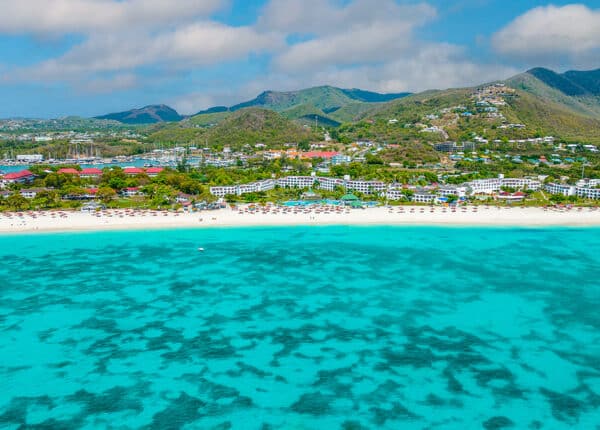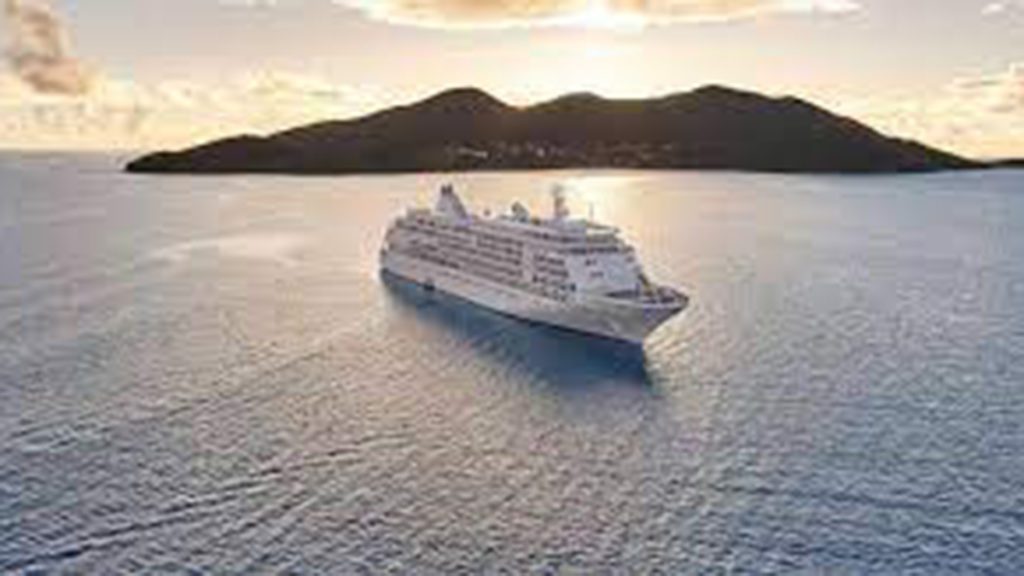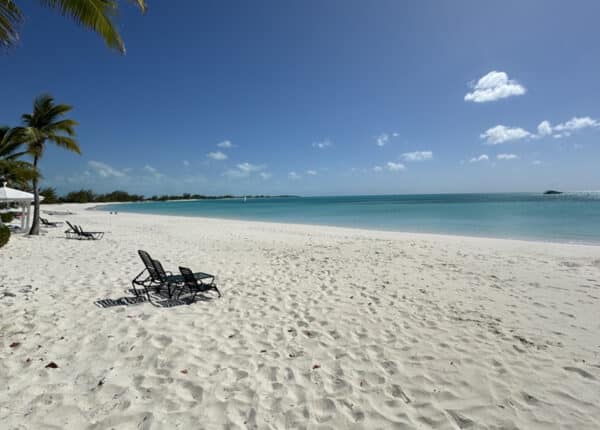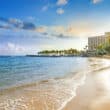Royal Caribbean Group Is Planning a Hybrid-Powered Cruise Ship
Royal Caribbean Group is embarking on a major step on its sustainability push: Destination Net Zero, a comprehensive decarbonization strategy that includes pledging to establish Science-Based Targets and achieving net zero emissions by 2050.
The initiative “builds on decades of progress and a deep sense of responsibility to embed sustainability throughout the organization,” Royal said.
That will be headlined by Silversea’s Project Evolution, the first-ever hybrid-powered ship, set to debut in 2023.
“Decades ago, we set out on a course to advance sustainability; our vision now is to realize carbon-free cruising over the next two decades,” said Richard Fain, chairman and CEO, Royal Caribbean Group. “Today we are announcing the most important destination of all in our company’s history – Destination Net Zero – an ambitious strategy to cut emissions, protect our oceans, and ensure the viability of the hundreds of destinations that our guests and crew members care deeply about.”
Over 18 to 24 months, the cruise company will develop goals to be validated by the Science Based Targets initiative, the first such pledge for the cruise industry.
The work will begin following the publication of SBTi’s marine transport methodology.
Science-based targets show companies how much, and how quickly, they need to reduce their greenhouse gas emissions to help limit global warming.
Along the journey to net zero, key milestones will be critical to making progress.
One of the most ambitious milestones includes the delivery of a net zero cruise ship by 2035.
“Royal Caribbean Group has a history of innovating in every aspect and level of the company,” said William K. Reilly, chairman, Royal Caribbean Group’s board of directors’ safety, environment, and health committee. “This is another important step on the serious and ambitious path to preserve the health and allure of the sea and the beauty of the oceans.”
— CJ







